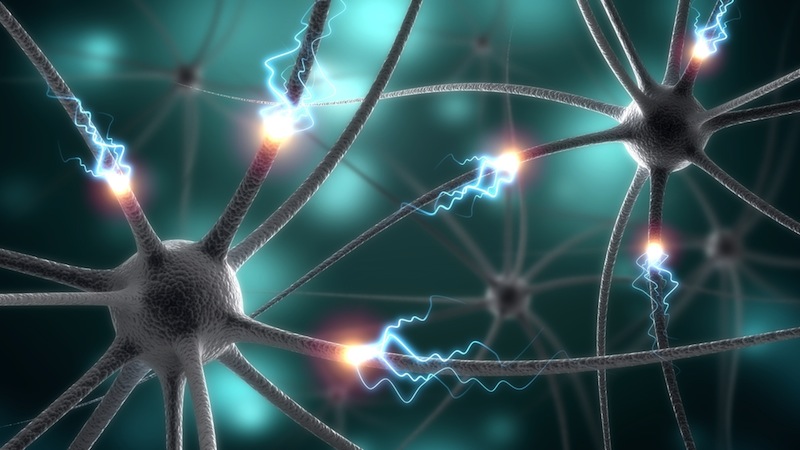How Brain Cells Can Predict Your Age

Get the world’s most fascinating discoveries delivered straight to your inbox.
You are now subscribed
Your newsletter sign-up was successful
Want to add more newsletters?

Delivered Daily
Daily Newsletter
Sign up for the latest discoveries, groundbreaking research and fascinating breakthroughs that impact you and the wider world direct to your inbox.

Once a week
Life's Little Mysteries
Feed your curiosity with an exclusive mystery every week, solved with science and delivered direct to your inbox before it's seen anywhere else.

Once a week
How It Works
Sign up to our free science & technology newsletter for your weekly fix of fascinating articles, quick quizzes, amazing images, and more

Delivered daily
Space.com Newsletter
Breaking space news, the latest updates on rocket launches, skywatching events and more!

Once a month
Watch This Space
Sign up to our monthly entertainment newsletter to keep up with all our coverage of the latest sci-fi and space movies, tv shows, games and books.

Once a week
Night Sky This Week
Discover this week's must-see night sky events, moon phases, and stunning astrophotos. Sign up for our skywatching newsletter and explore the universe with us!
Join the club
Get full access to premium articles, exclusive features and a growing list of member rewards.
As we get older, our brain cells show changes, and now a new study finds that certain changes happen so reliably that by themselves they can reveal a person's age.
In the study, researchers analyzed brain tissue samples from 480 people who died between the ages 16 and 106. None of these individuals had experienced a brain disease before their death.
The researchers then examined whether they could find differences between the older brains and the younger ones by looking at the level of their expression of certain genes, meaning which genes were "turned on" and "turned off."
They found that, with age, certain types of brain cells called glial cells showed a shift in their gene expression patterns in certain regions of the brain. In contrast, no such change was seen in the brain's neurons, which are the "signaling cells" of the brain. Glial cells provide support for neurons.
What's more, when the researchers looked at whether the gene expression pattern inside the different types of cells could be used to predict a person's age, they found that the gene expression levels of glial cells were most strongly linked with a person's age. [7 Ways the Mind and Body Change With Age]
"These findings reinforce a growing body of evidence implicating [glial cells] in aging," the researchers, from the University College London, wrote in yesterday's (Jan. 10) issue of the journal Cell Reports.
Some of the biggest shifts in glial-cell gene expression were seen in the hippocampus (which is involved in memory) and the substantia nigra (which is involved in movement).
Get the world’s most fascinating discoveries delivered straight to your inbox.
Because these two brain areas are also affected in people in the early stages of Alzheimer's disease and Parkinson's disease, the study may provide insights into the roles that glial cells may play in these age-related diseases, the researchers said.
"We believe that our data, and computational approaches, provide a powerful resource for further study of the cellular and molecular changes taking place during human brain aging, and provide insights into the pre-clinical cellular phase of dementia," the researchers said.
Still, more research is needed to better understand the cellular changes seen in the study, and how glial cells and neurons interact during aging in general and in people with age-related diseases, they said.
Original article on Live Science.

Rachael is a Live Science contributor, and was a former channel editor and senior writer for Live Science between 2010 and 2022. She has a master's degree in journalism from New York University's Science, Health and Environmental Reporting Program. She also holds a B.S. in molecular biology and an M.S. in biology from the University of California, San Diego. Her work has appeared in Scienceline, The Washington Post and Scientific American.
 Live Science Plus
Live Science Plus





